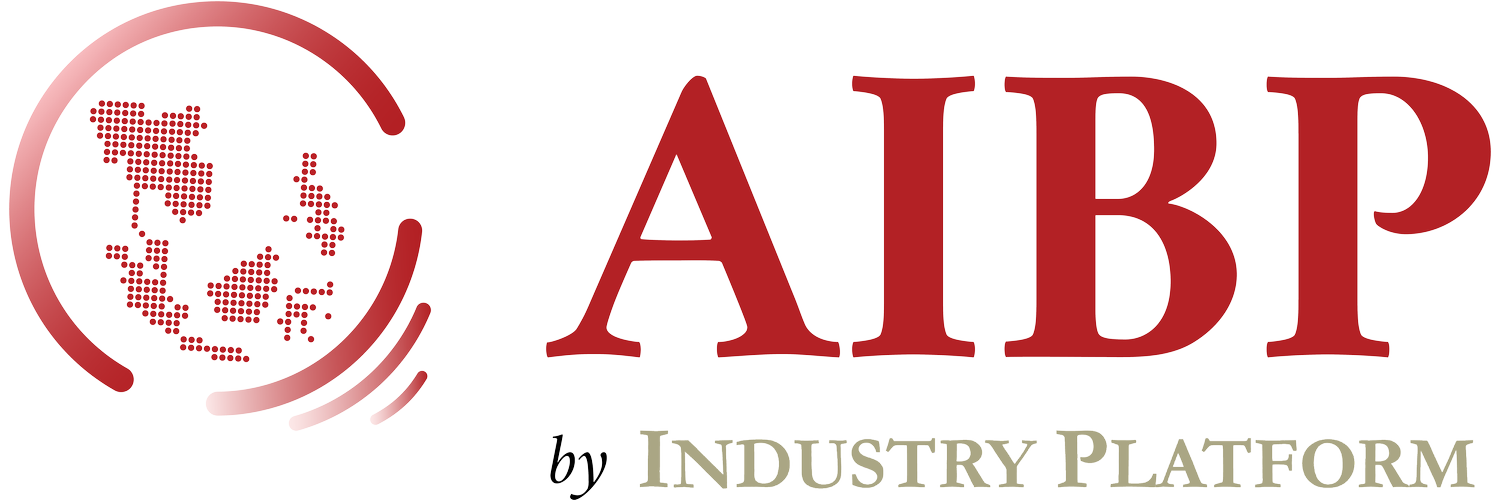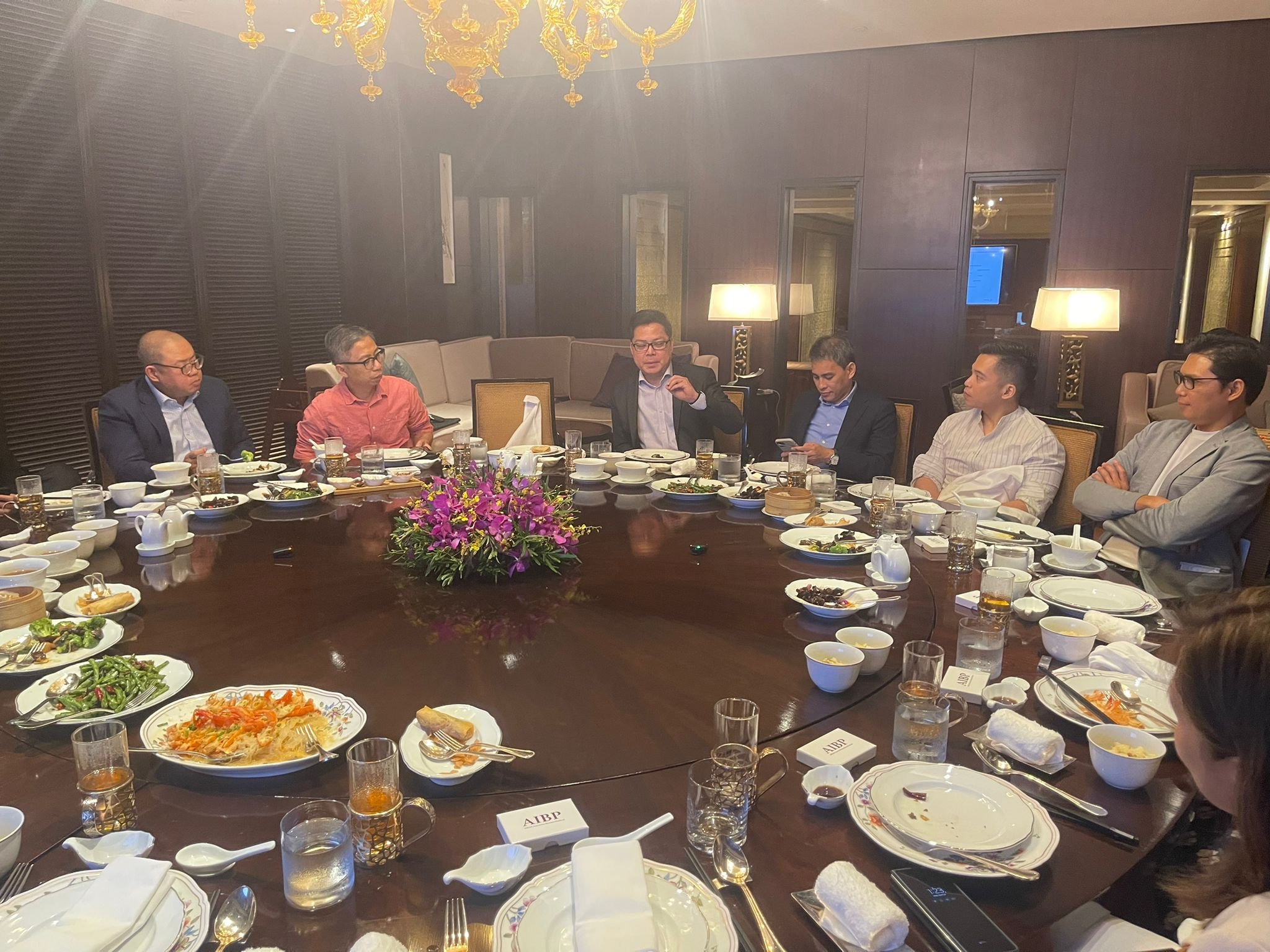
Redefining the Insurance Customer Experience in Thailand:
Balancing Digital Innovation, Workforce Empowerment, and Changing Consumer Demand
14 November 2024, Thursday, 11:30 - 13:30
Bangkok, Thailand
Discussion Themes:
Exploring the ongoing digital transformation within the Thai insurance sector and the imperative to enhance customer-facing digital capabilities.
Highlighting the significance of empowering insurance professionals through comprehensive training, flexible work arrangements, and cultivating a culture of innovation.
Examining the evolving consumer demands for personalized products, seamless experiences, and sustainable practices within the insurance landscape.
Identifying strategies that insurance providers can implement to effectively balance meeting customer expectations while addressing internal operational challenges.
Assessing how emerging technologies, data analytics, and customer-centric design are transforming the insurance customer experience in the Thai market.
“AI is continuous, failure and improvement. This is part of the game… The approach should be to use experimentation, because you will never get it the first time, and you can always improve... Data is the fuel in this case, and data is the thing that you need to continue monitoring, because things change, data change, the economy changes, people have to change. So it’s not something that you do in the lab and you have a solution like you do software, something that continues to improve and this is important to think about.”
“When using Gen AI and LLM, there’s a high risk of hallucination, making them less suited for tasks like investment advice or customer service. To address this, we collaborate with compliance, legal, and IT teams to find the right approach—combining LLM with proprietary solutions for specific use cases. We focus on engaging risk teams early and aim to fail fast and cheaply through small pilots and POCs, refining as needed.”
Register your interest to participate via the form, or reach out to us at:
vanessa@industry-platform.com
enterprises@industry-platform.com
For the latest ASEAN Digitalisation Updates, connect with AIBP
Data and AI Survey 2024
Highlights from 2023 ASEAN Advisory Board Meetings
Bridging expectations for digital transformation - Thailand
-
Enterprises know that technology works, but adoption is tied to the value end users see: solution providers need to understand the pain points of end-users (beyond IT/tech teams) in order to encourage adoption
Need to bridge technology and business, and rethink the value-add of people: enterprises are ready to co-work (and co-create) with tech providers through knowledge-sharing
A relook at technology investment costs and pricing: is there a possibility for investment-sharing (hence risk sharing) between technology provider and enterprises to ensure successes from the beginning?
Start-up solutions are novel, but sometimes need help to be able to address a real business case: enterprises are open to validate and ready them
Cybersecurity, Food Security and ESG Goals - Malaysia
-
Cybersecurity is crucial for digital transformation success as organisations become more vulnerable to cyber threats.
Investing in proactive cybersecurity measures is essential for protecting digital assets and infrastructure.
Food security is a significant issue in Malaysia, and measures need to be taken to ensure the country's food supply remains secure and sustainable.
Integrating ESG goals into business operations and decision-making processes can provide long-term benefits beyond compliance.
Standardisation of ESG metrics and regulatory guidance is necessary to ensure consistent implementation across different companies and industries.
Value Optimisation for Enterprise Innovations - Philippines
-
On deciding which digital capabilities to manage centrally to drive efficiencies, it is important to measure scalability in reducing the cost to serve, while managing time resources spent.
On increased cybersecurity risks, a centrally guided cybersecurity roadmap is crucial for conglomerates, with businesses at varying degrees of digital maturity. The discussion highlighted the importance of the minimum viable security product (MVSP), which establishes a baseline security checklist for effective cybersecurity management in the evolving digital landscape.
On enabling a hybrid work model. The shortage of skilled digital workers in the Philippines means that organisations that wish to hire these resources have to offer a hybrid work environment as table stakes. However the availability of technologies such as 3D modelling has also made previously resource intensive work such as maintaining remote sites more efficient. Several companies have also started exploring how to use generative AI to plug the gap. Philippines, with the youngest median age of 25.7 amongst the ASEAN-5, seems to be an an inflection point when it comes to the evolution of work culture
On conglomerates, business consolidation and the value it provides. Mergers and acquisitions are key tools to utilize in extracting value and the Philippines has seen its fair share of consolidation, especially within the banking industry. Discussions centred around creating effective shared services and utilizing scale for technology adoption.
Embracing Volatility, Maximising Value - Indonesia
-
As businesses adjust to a post-pandemic world, they face a rise in digital service demand. Anteraja's CEO discusses the need for operational strategy adjustments. Healthcare companies seek innovation in customer outreach. Investing in technology and digital infrastructure is crucial for resilience and competitiveness.
Market volatility demands agile adaptation from businesses. Blue Bird Group's President Director, Pak Sigit Djokosoetono, highlights the impact of fluctuating supply and demand, evolving consumer behavior, and external factors like global politics and natural disasters. To succeed, enterprises must enhance productivity, manage costs, and embrace adaptability and agility. Predicting future demand is challenging amidst volatility. In healthcare, supply chain disruptions and inflation increase costs, but technology can help improve services and reduce expenses. By optimizing internal operations, businesses can maintain control while waiting for a better environment.
Investing in technology is no longer enough for success in today's business landscape. Enterprises need transparency and collaboration with tech providers to achieve desired outcomes. Transitioning to newer technology should consider long-term financing costs. Alliances with tech giants drive efficiency and productivity. Partnering with technology providers enhances business effectiveness.






